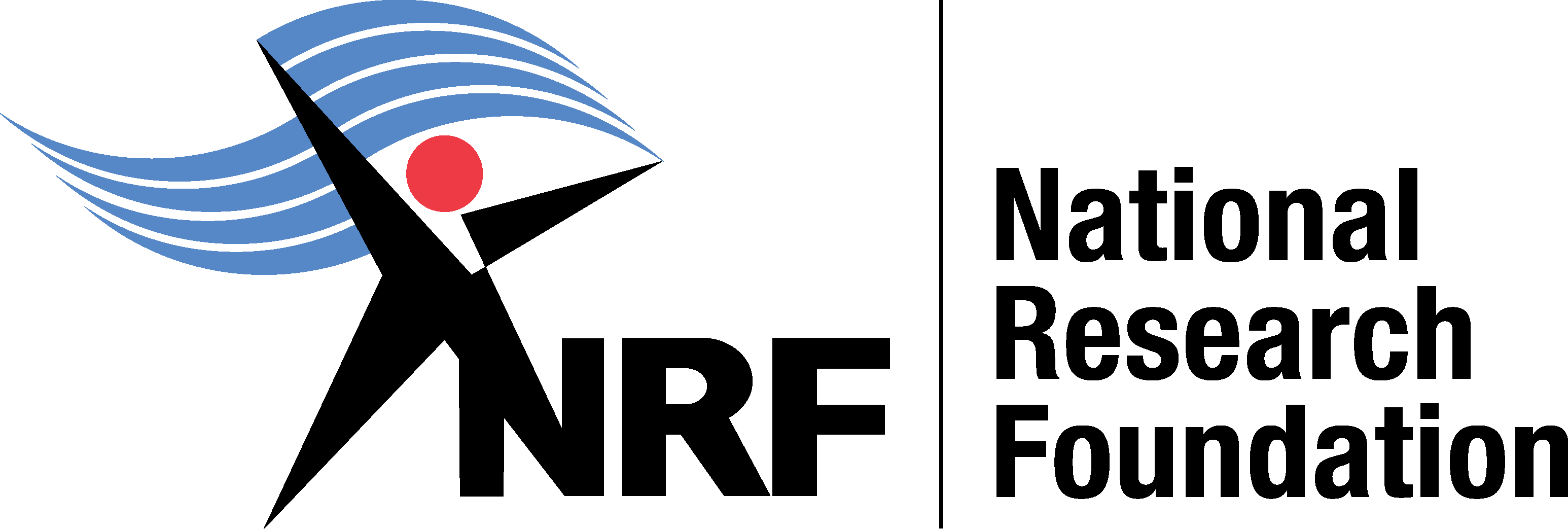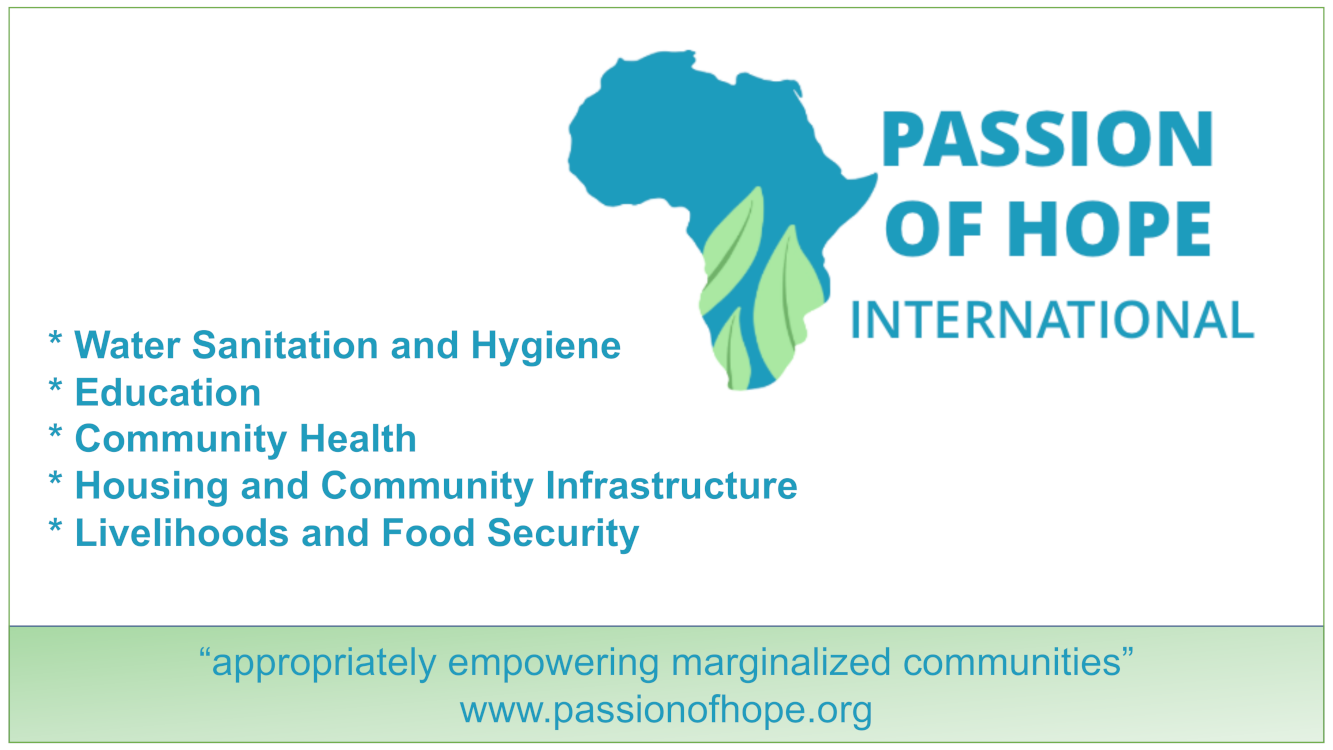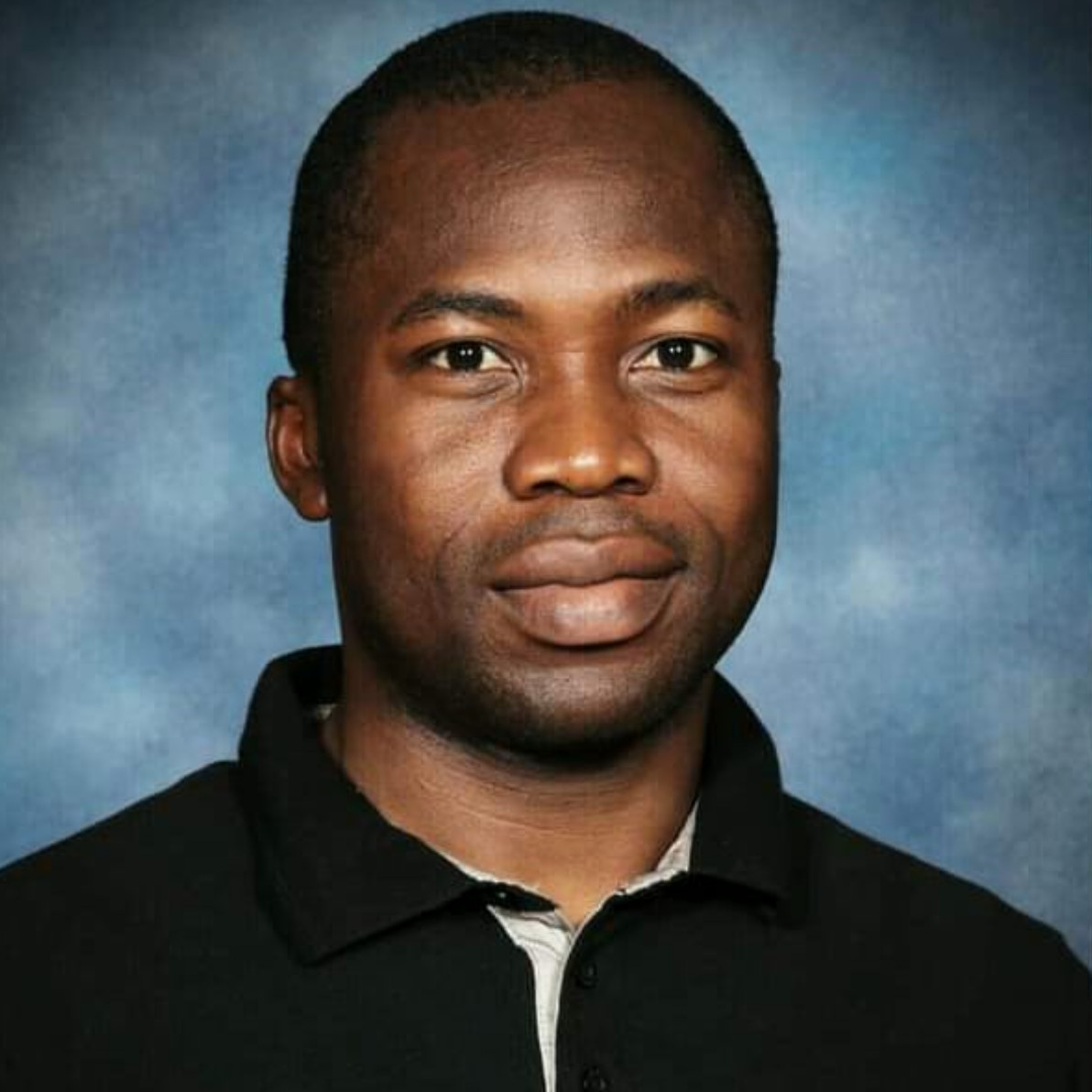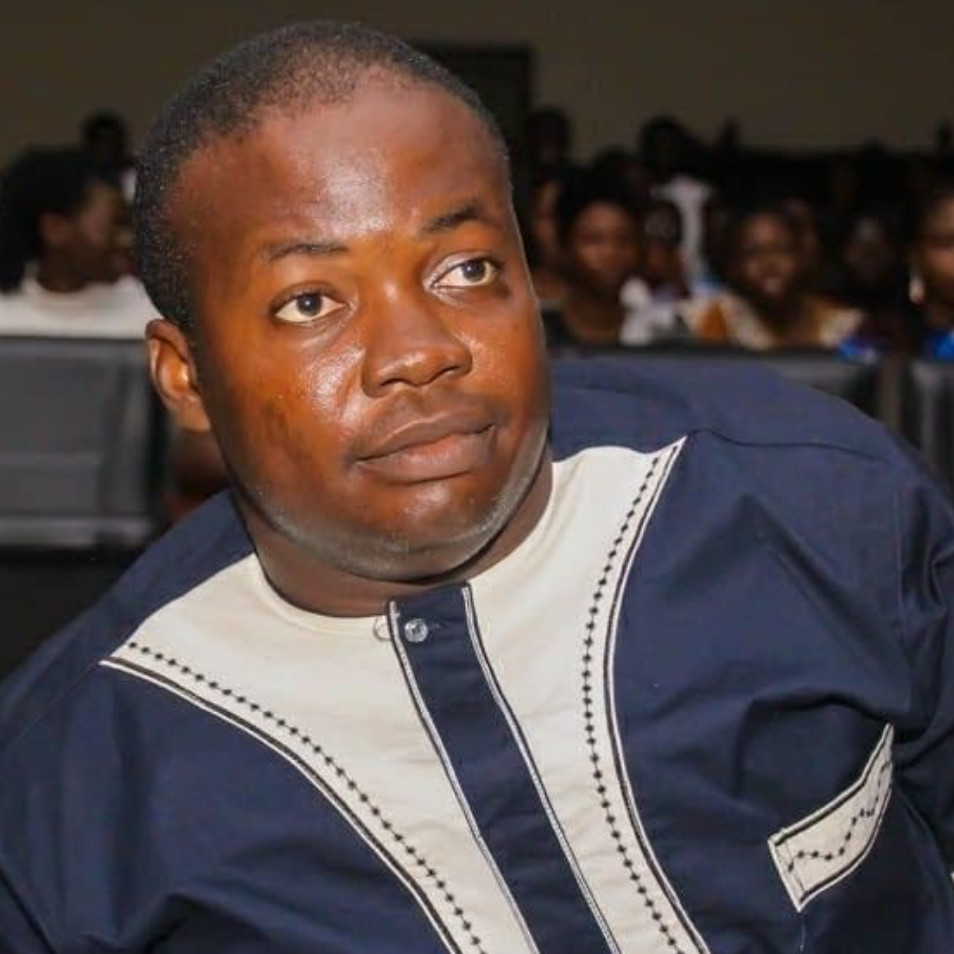9th International Conference on Appropriate Technology
Technology Exchange and Employment Creation for Community Empowerment: Cross-Pollinating Innovative Models

The 9th ICAT did:
- Promote Knowledge-based Technology Exchange and the related diffusion of innovation to support Appropriate Technology (AT) practice
- Identify, initiate and combine AT contributions based on both pre-modern and modern knowledge exchange in a manner that is rooted in community empowerment
- Provide a forum for networking on AT solutions for the 21st century through the cross-pollinating innovative thinking in recognition, valorisation and re-appropriation of a diverse group of creative ideators
All sessions and activities were held virtually for the 2020 conference.
Sponsors



Keynote Speakers
Denise Morado Nascimento
Denise Morado Nascimento is a professor at the School of Architecture and the Graduate Program in Architecture and Urbanism at the Federal University of Minas Gerais (UFMG), Belo Horizonte, Brazil. She is a Resident Professor at the Institute for Advanced Transdisciplinary Studies/UFMG. Graduated in Architecture and Urbanism from Faculties Izabela Hendrix, Master in Architecture from the University of York (England), PhD in Information Science from the School of Information Science/UFMG and Post-Doctor in Geography from the Institute of Geosciences/UFMG. Coordinator of the PRAXIS-EA/UFMG research group and researcher of CNPq. Investigations about contemporary production of urban space, exclusion system in cities, shared and/or collaborative design and production processes, technical assistance to low-income dwellers and social movements, strategies and impacts in the formation of the State-Capital corporation and occupations, removals, evictions and resistance to the processes of production of cities.
Fr. Godfrey Nzamujo
Father Dr Godfrey Nzamujo is the founder and director of the Songhaï Center, a pioneering farm, training and research center in Porto-Novo, Benin. Begun in 1985 on a single hectare of land, the
Songhaï Center has expanded to at least 17 sites in Africa, including eight in Benin and others in Nigeria, Uganda, Sierra Leone, Liberia, among other countries. With the motto 'Commitment to Excellence', Songhaï symbolizes Nzamujo's belief that Africa's ecological characteristics are advantages for a regenerative agricultural and developmental paradigm, rather than impediments.
Father Nzamujo holds doctorates in electrical engineering and in philosophy, advanced specializations in microbiology and in the management sciences, and maintains affiliations with the University of California, Irvine, and Loyola Marymount University as a Professor of Engineering. He was awarded the Hunger Project's Africa Prize for Leadership in 1993, and is the author of two books: “Songhaï: Quand l’Afrique relève la tête” (available in English as “Songhaï: When Africa lifts up its head”) and “Songhaï: l’Afrique maintenant”. Highly influenced by the Appropriate Technology movement, Father Nzamujo also advances the concept of “Authentic Technology”, which is rooted in a systemic and holistic worldview, rather than a mechanistic one, and is informed by the principles of biomimicry rather than bio-arrogance.
Dr. John Trimble
John Trimble is currently the Flagship Professor at TUT with an appointment in industrial engineering. Before that, he served two years as a Fulbright professor with the industrial Engineering department at TUT. He has worked in industry for over 12 years and as an academic for over 30 years. He has served as HOD and Dean of ICT. He has taught at universities in Rwanda, Zimbabwe, South Africa and the USA. He as published extensively in engineering and computer science. Prof. Trimble is the founding director of the International Network on Appropriate Technology (INAT) and has coordinated eight international conferences on appropriate technology, all of them in Africa, dating back to 2004. He holds BS and MS degrees in engineering, a PhD in ‘Industrial and Systems Engineering’ from Georgia Institute of Technology and a Masters in Computer Science from Stanford University (all from USA).
Dr. Lynn A. Keeys
A creative visionary and strategist, Dr. Keeys is enthusiastic about the importance of building the project management skills across Africa and achieving positive organizational and societal impact. A former diplomat with US Agency for International Development and international consultant, Dr. Keeys draws on 30 years of experience in adaptive and emergent strategy, portfolio, program and project management, benefits co-creation and organizational leadership in the international and sustainable development field.
A pracademic (melding academics with practice), she is adjunct faculty at the Skema Business School, Paris Campus, is a visiting research fellow at the Project Management Group, WU Vienna University of Economics and was part-time faculty, Boston University Metropolitan College Master’s program in project management from 2014- 2017. She is a published author and international conference presenter. An academic journal reviewer, she is a member of the Editorial Board of the International Journal of Project Management. Since 2016, She is the President, South Africa Chapter of the Project Management Institute since November 2016. She is a lover and collector of African art, likes the outdoors, enjoys a sports challenge and loves creating in her vegetable garden, when she finds the time. She is a film buff, especially of old cinema and independent films, which will keep her talking for hours.
Ambassador Josefa Leonel Correia Sacko
Ambassador Josefa Leonel Correia Sacko, an Angolan national, is a leading African Agronomist. She is the Commissioner for Rural Economy and Agriculture of the African Union Commission. Prior to her election, she was Special Adviser to two Ministers in Angola. Firstly, the Angolan Minister of Environment where she also served as Ambassador responsible for Climate Change. And secondly, advisor to the Minister of Agriculture. Ambassador Josefa Sacko oversaw Food Security, Eradication of Hunger and Poverty Reduction.
Ambassador Josefa Sacko was also the former Secretary General of the Inter African Coffee Organization (IACO) for 13 years in Cote D’Ivoire where she oversaw the coffee economy of 25 African Coffee producing countries. During her tenure, she successfully advocated for the empowerment of small scale coffee farmers across the continent by setting up Regional Centres of Excellence for Capacity Building of Member States, on Genetic Material Conservation, Coffee Quality Improvement and Cup Tasting Liquor in Cote d’Ivoire, Uganda, Cameroon and Zambia.
Madam Sacko has built up her international profile and reputation by either consulting or working with several Regional, and Global Institutional on Agriculture including the World Trade Organization (WTO), African Union (AU), International Coffee Organization (ICO), African Development Bank (AfDB), African Export Import Bank (AFREXIMBANK), (FAO), UNECA, NEPAD etc.
As a strong advocate of gender empowerment and strengthening the role of small farmers in Africa, she has over the years worked with Regional Economic Communities (RECS), such as SADC, COMESA, ECOWAS and EAC, to address the challenges encountered by small scale farmers in Africa, and ensuring that they remain a central focus in regional and national policy making.
Madam Sacko is fluent in five languages. She speaks Portuguese, French, English, Spanish and Lingala.
Joseph Mudau
Joseph Mudau is the Head of Training and Organizational Development at Gibela Rail Transport Consortium known as Gibela. A black economic empowerment (BEE) consortium comprising Alstom, Ubumbano Rail and New Africa Rail, a company that was awarded a contract by the Passenger Rail Agency of South Africa (PRASA) to build 600 new passenger trains.
He holds IT qualifications and Masters In Business Administrations from Tshwane University of Technology. He is also a Doctoral candidate at the same university. Mr Mudau started his career as an IT Professional and academic, and later moved to Strategic Human Capital specializing in strategy development, training and development, Operations and Project management. He has worked for local and international companies, to name just a few; Thyssenkrupp, Bombardier and others.
He is the current chairperson of the board for Rail Manufacturing Centre for Entrepreneurship Rapid Incubator (RMCERI NPC). The enterprise Incubation Programme is aimed at converting research projects to established micro / small enterprises. Mr Mudau is also the chairperson of the Gibela Research Chair Steering Committee, established between Gibela and Tshwane University of Technology. The research chair’s focus is on special research project, masters and PhD supervision including the development of short learning programmes aimed at assisting industries to resolve industry specific challenges.
Mr Mudau is also an established Author, Brand Strategist and Speaker who travels across the country and abroad to inspire young people with the message of hope. He is a regular guest for SABC radios, Commercial and Community Radios; he has appeared on several TV programs.
Mr Mudau’s philosophy is that “We all have a seed of greatness regardless of our background or level of education, Life has Great Possibilities”. He also subscribes to values of Respect, Excellence, Teamwork and Time Management.
Dr. Gada Kadoda
Gada Kadoda is Founding President and current head of board of directors of the Sudanese Knowledge Society. She is Sudan’s representative for the Barefoot College, committee member of the International Network on Appropriate Technology, and founding member of the International Network on Gender, Social Justice & Praxis. Kadoda received her Ph.D. in Software Engineering in 1997 from Loughborough University (UK), M.Sc. in Information Systems and Technology in 1993 from City University (UK), and B.Sc. in Computer Science from University of Khartoum in 1991. Her work experience includes research and teaching posts in the UK, Barbados, and Sudan. She published on software development as well as interdisciplinary areas, e.g. Knowledge production, ICT for development, innovation systems, ethics of appropriate technology, social media and activism. More recently she has been publishing with Sondra Hale, e.g. their co-edited book on Networks of Knowledge Production in Sudan: Identities, Mobilities, and Technologies (2017), and their upcoming book on Capturing Cultural Capital: Sudanese Intellectuals in the Global Milieu. She is a certified knowledge manager and futures thinking practitioner. Kadoda was 2010’s African Scholar Guest of Annual Program at the University of South Africa, on UNICEF’s list of nine innovators to watch in 2014; received the Sudanese Women in Science Organization Award in 2015; came fourth in list of “30 Sudanese Women You Should Know” in 2016; and selected by BBC for their 100 Women List in 2019.
Workshops
Workshops will be held throughout the conference. The purpose of the workshops is to provide participants with a more in depth experience of the particular technologies presented during the conference, and to promote Appropriate Technology as a relevant field for technology practitioners. Unless otherwise specified, cost of participation in workshops is included in conference registration.
All workshops will be held virtually.
Full-day Workshops
Monday 23 Nov - Tuesday 24 Nov
To bring together representatives of Medium Scale Farming Enterprises (MSFEs), extensionists, agricultural researchers, economists, and public policy leaders for collaborative discussion, problem-solving, and strategy development on the following: a) explore barriers and solutions to farm productivity, b) identify resource gaps, c) adoption of appropriate/sustainable farming practices, d) collaboration on farm to market challenges, e) collaboration on agricultural value-add commodities and their derivative products.
Further, to shape the development of truly sustainable farm management and animal husbandry amongst MSFEs that result in triple bottom line performance - healthy environment, economic profitability, social and economic equity.
Monday 23 Nov (9am - 1pm)
Africana Post Graduate Academy (APGA) will run a research workshop entitled "How to do Original and Novel Research in this Covid-19 Time: Epistemological Fusion and Unity of Knowledge Using the Current Digital ICT". The workshop will cover:
- Motivational lectures from senior scholars
- Panel on social/human sciences/ natural and engineering
- How to do work-integrated, project, problem and action based novel research
- Post-graduate paper presentation
- Feedback from senior and fellow presenters
- Draft papers that can can be submitted to journals like https://sarchi.org/jcise/
2-hour Workshops
Goal: To inspire participants with an introduction to using Unreal programming platform to developing virtual reality software that will be useful in training. This can be useful in training workers or it can be infused in academic courses.
Pre-requisites: Participants will be required to download Unreal software and view a 45 minute YouTube video on Unreal in advance of the workshop.
Goal: To inspire participants in expanding the acceptance of the INAT AT Declaration and engaging in the further development of an AT manifesto and impacting technology policy to address AT.
Goal: To provide the audience with information about how 4 successful African AT business examples were created or run by women and empower attendees with feedback and guidance to assist them develop their own enterprise ideas.
If you are interested in attending the Women's Business Matters workshop, please complete the following form:
Goal: To inspire researchers at universities and research agencies to focus on research that has high social relevance by gaining a better understanding of options in making research more socially relevant.
Goal: Give an introduction to the capabilities of the Raspberry Pi as a computer, and as a microcontroller board to build “smart” physical projects. Introduce some of the sensors, motors, switches, and other input/output peripherals available, and show how to interact with them through the Raspberry Pi’s general purpose input/output (GPIO) pins. Show participants how to use tools to simulate Raspberry Pi GPIO activity in case they do not have a Raspberry Pi available.
Pre-requisites: Participants can follow along on the presenter’s screen, and use software tools to simulate the Raspberry Pi, but participants may get the most out of the session if they can follow along with an actual device. We will provide links to kits that participants can order beforehand, that run anywhere from $30 to $100 USD.
For those unfamiliar with Open Building, please visit this link which will give you a background to the concept: http://uj-unit2.co.za/open-building-versus-architecture-or-open-building-as-architecture/. Open Building and Appropriate Technology have many overlaps in terms of the following:
- Democratising the building process - involving many in the design and implementation process
- Building as a social process and how to the built environment is based on social structures and relationships
- The development of small construction enterprises and skills transfer in the construction process
- Open Building as a tool to manage complexity in the Built Environment ecosystem
We will be hosting several speakers well-known in the field and this will be an interactive session. Register for the Open Building and Appropriate Technology workshop at http://architectureandagency.co.za/workshop-registration/.
Technology Fair
The primary goal in the development of Appropriate Technology, as declared by INAT, is for science and technology to work toward worldwide egalitarianism where all people have equal access to resources that meet basic needs. It is against this backdrop that the 9th International Conference on Appropriate Technology (9th ICAT) hosted a Virtual Technology Fair.
Posters
The poster session allowed post-graduate, emerging researchers, and established an opportunity to refine research concepts towards the completion of a full paper or a journal article. All submitted posters were reviewed and accepted by the conference committee. As we aimed to make this an educational experience, a panel of expertsprovided feedback the submitted papers.
Poster Session Panelists

Mr. Oyesola Moses

John Ogbemhe

Dr. Olabanji Olayinka Mohammed
Tech-a-thon
At the culmination of the techathon on 8 January, 2021, four winning projects were awarded monetary prizes totalling $3,300 USD. Watch the project showcase below, or on the INAT YouTube Channel.
Programme
Note that all times are in South Africa Time (UTC+2).
Monday, 23 November
(ends Tues.)
(ends Tues.)
with Keynote by Gibela's J. Mudau Enter
with keynote by Minister of Higher Edu., South Africa Enter
Tuesday, 24 November
Theme: Empowering Women
(ends Tues.)
(ends Tues.)
